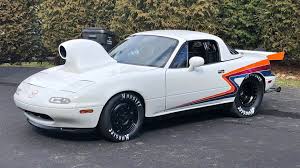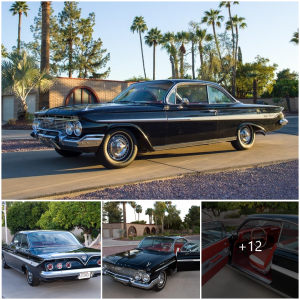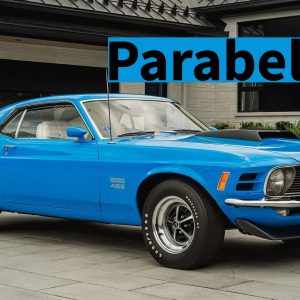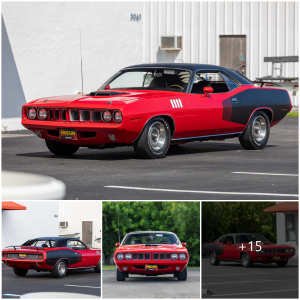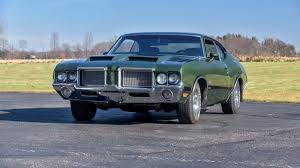Do you know how some classic cars stand out as rare through obvious styling features? Let’s say the 1969 Ford Mustang Boss 429 or the 1970 Dodge Challenger T/A. Well, some rigs aren’t like that and require a closer inspection to discover some of their rare features. This 1969 Chevrolet Camaro is one of those cars.
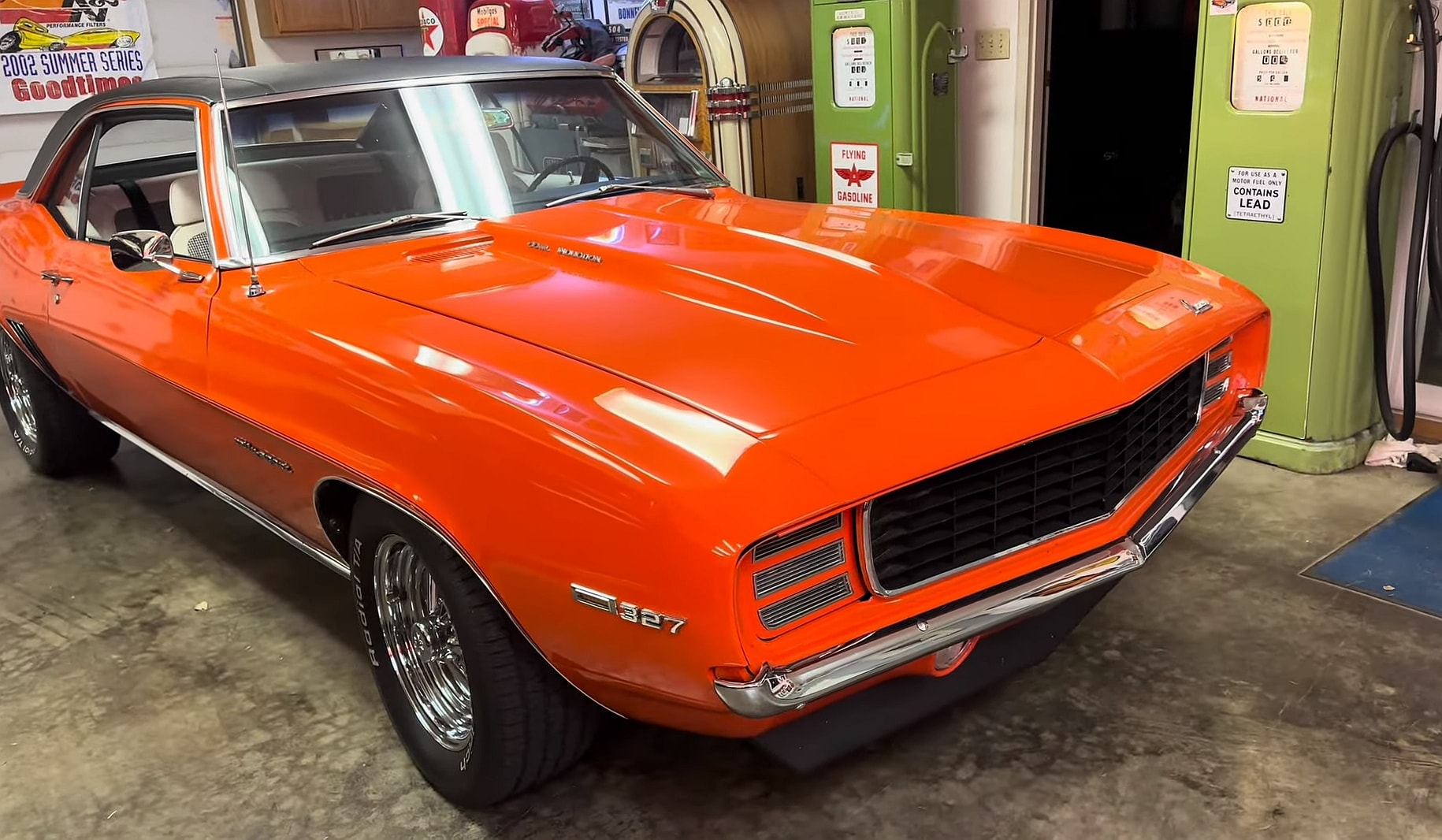
Although it’s an attention-grabbing classic thanks to its Hugger Orange paint, this Camaro looks like a plain 1969 RS at first glance. The “327” badges on the front fenders also confirm that it’s not a higher-performance SS. However, this Camaro has a couple of rare items to brag about.
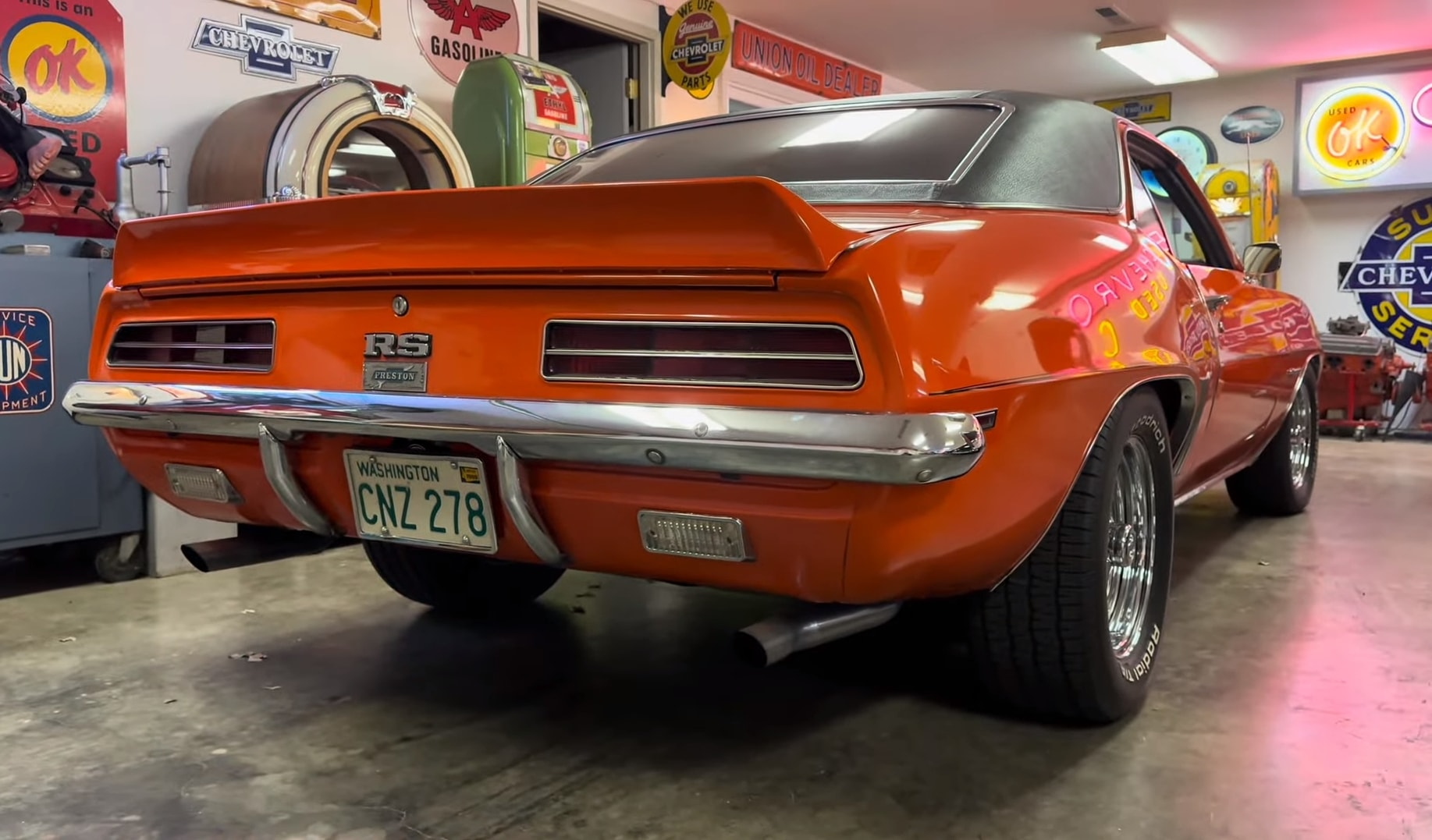
For starters, it’s an early production 1969 version and sports a rear spoiler you won’t see on most Camaros from this model year. What sets it apart from the more familiar 1969 spoiler? Well, it’s a bit narrower, and its edges rest on the upper sections of the rear quarter panels. In the later 1969 Camaros, the spoiler extended all the way to the edges.
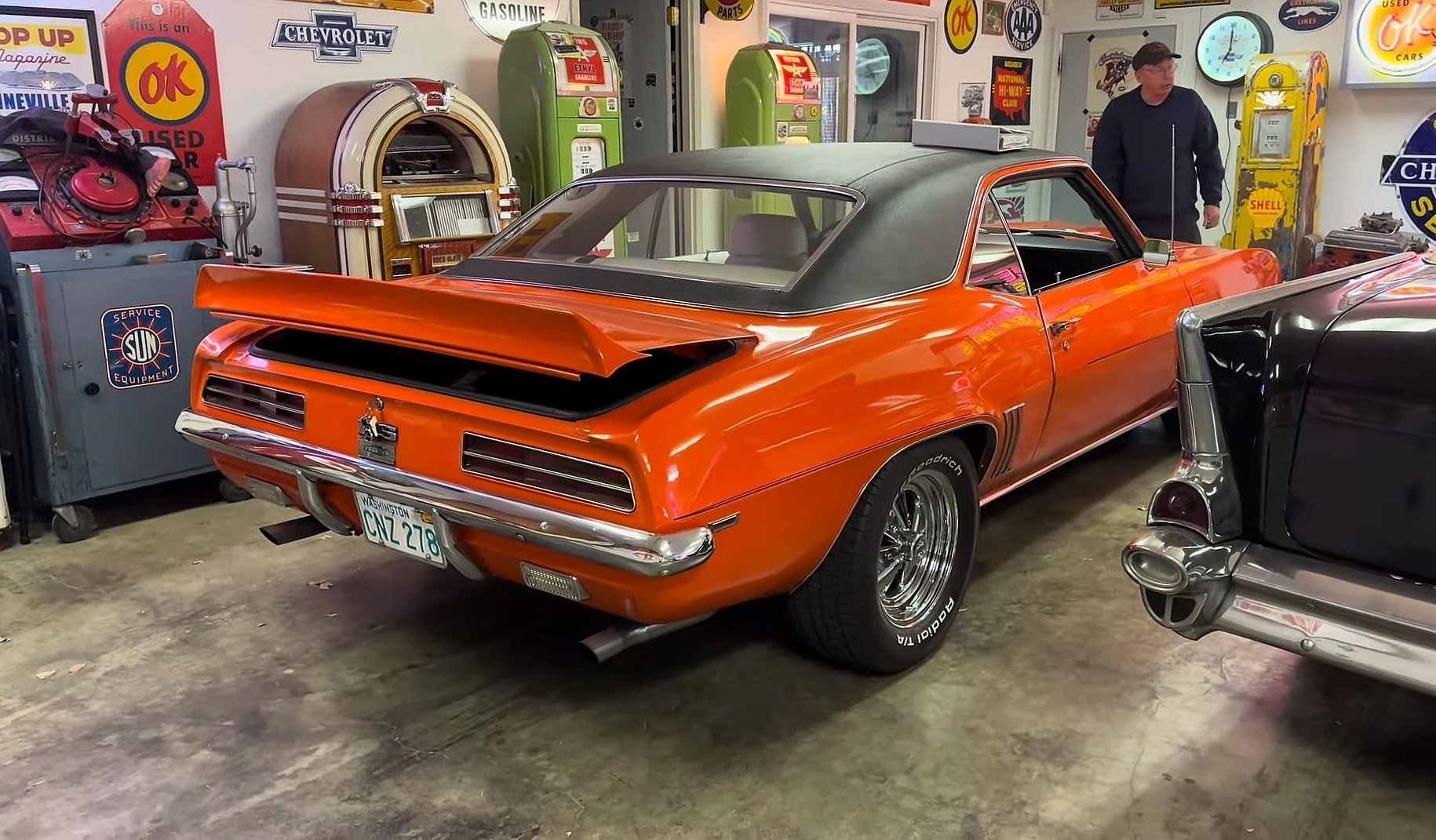
Moving inside the cabin, the pony car shows off a black-and-white houndstooth upholstery. This feature isn’t necessarily rare, but let’s say it’s a treat you don’t see every day. However, the houndstooth treatment is not the feature that makes this Camaro stand out. It’s the rear shoulder-type seatbelts. Yup, it’s a mundane feature by modern standards, but these belts weren’t part of the standard equipment line back in the day.
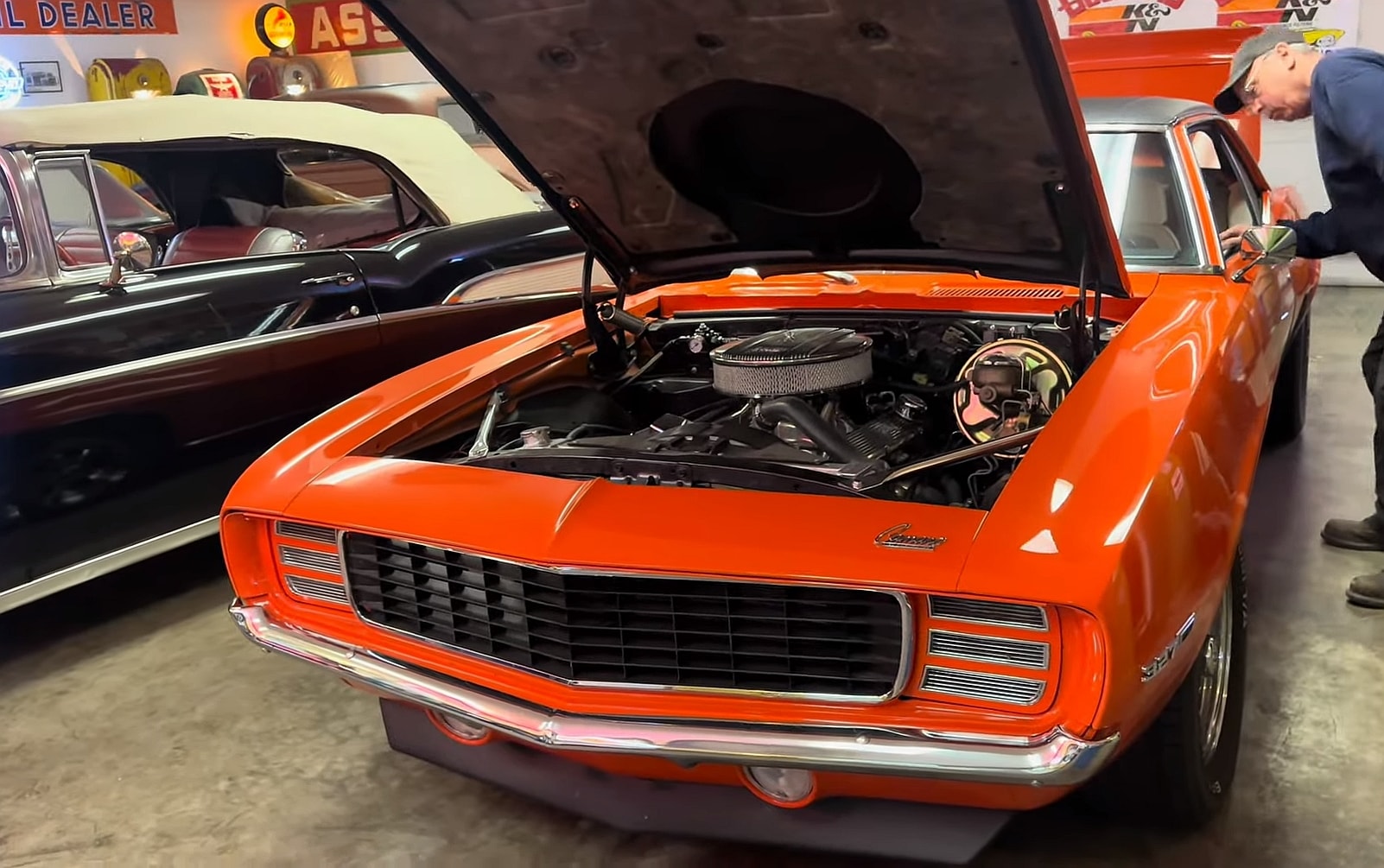
And according to our host, it wasn’t ordered on many cars either. He even goes as far as to show the anchor plates mounted under the rear window panel to prove the belts are factory-installed and not an aftermarket feature.
On the flip side, there’s a bit of a mystery surrounding the seatbelts. Even though they’re supposed to be a factory option, they do not appear on the car’s sheet—at least not as RPO YA2, as they were listed back in the day. However, the sheet does list ZK3 Deluxe Seat Belts and Front Seat Shoulder Harness.

It doesn’t make much of a difference, though, since these rear seatbelts don’t add to the car’s value. It’s the type of rare feature only diehard enthusiasts would notice and rave about.
This Camaro’s 327-cubic-inch (5.4-liter) V8 engine is also a result of its being an early 1969 model. The said powerplant was discontinued in December 1968 when it was replaced by the 307-cubic-inch (5.0-liter) V8. The 327 was available in two flavors. The base LF7 unit came with 210 horsepower on tap, while the L30 iteration delivered 275 horsepower. This car features the former, which makes it an entry-level V8 Camaro with the RS package. However, the owner added a few upgrades under the hood, so this small block cranks out a bit more oomph.
If you’re hooked on numbers, Chevrolet sold 37,773 Camaro RS units in 1969. That’s 15.5% of the total production that year. Check it out in the video below.

